On Wednesday (October 23rd), during the European trading session, global stock markets experienced a slight decline, as investors were reluctant to make significant bets on the eve of the upcoming U.S. presidential election, which is set to begin in two weeks. At the same time, investors are reassessing the extent to which the Federal Reserve may need to cut interest rates. The continued strength of the U.S. dollar is putting pressure on the Japanese yen and the euro, yet gold prices have reached an all-time high.
In this busy earnings report day, stock markets showed slight fluctuations, and bond prices fell due to the market's expectation that the Federal Reserve will adopt a relatively less aggressive pace of interest rate cuts, which continues to influence the market.
The MSCI Global Index fell by 0.1%, highlighting the fatigue in the European market, and the European Stoxx 600 Index also fell by 0.1%.
Key U.S. stock earnings are coming
U.S. stock index futures showed a slight decline at the opening, and Starbucks' stock fell in pre-market trading because the company withdrew its financial guidance for 2025. Traders will closely watch the earnings reported by companies such as Tesla, Boeing, and Coca-Cola, especially after some major U.S. companies released bearish news on Tuesday.
In pre-market trading in the United States, Tesla's stock price fell by 0.6%, while Boeing's stock price rose slightly. In terms of individual stocks, the stock price of solar equipment manufacturer Enphase Energy fell by more than 12%, due to the company's disappointing revenue forecast for the fourth quarter.
"Athey said: 'Tesla is still one of the stocks that can cause significant market fluctuations,'" "After it releases its earnings report, the volatility at the index level cannot be underestimated. Boeing is still in trouble, so it is difficult to see substantial positive news."
As investors reduce their bets on rapid policy easing, the market as a whole shows a risk-averse sentiment. The U.S. economy remains strong, and concerns about a broader fiscal deficit after the presidential election have led investors to adjust their expectations for rapid interest rate cuts. Most Federal Reserve officials claimed earlier this week that they prefer a slower pace of interest rate cuts.
Kathleen Brooks, Director of Research at XTB, said: "This week's stock market price trends indicate that it will be a tough challenge for the S&P 500 Index to reach its 50th record high."The debate over the speed and scale of the Federal Reserve's monetary easing continues, with Bank of America CEO Brian Moynihan urging Federal Reserve policymakers to proceed with caution on the extent of rate cuts.
Fluctuations in the bond market have made earnings reports seem "somewhat secondary," according to James Athey, a portfolio manager at Marlborough, who said, "Economic growth and the Fed's pivot have created a negative situation for the Treasury market, just a month after the market was expecting significant rate cuts."
The US dollar surged, and the Japanese yen suffered a heavy blow. The sharp rise in US Treasury yields pushed the dollar to multi-month highs against the euro, pound, and yen. The yen returned to the level of 150 against the dollar, prompting verbal warnings from Japanese officials.
As the worst-performing major currency this year, the yen weakened again, with the dollar/yen rising 0.9% to a high of 152.76, the highest level since the end of July. With general pressure on the Japanese market ahead of this weekend's general election, the Tokyo Nikkei index fell by 0.8%.
The euro fell by 0.1% to $1.0787, reaching its lowest level since early August. In a report on Tuesday, Goldman Sachs pointed out that if Trump is elected and implements large-scale tariffs and tax cuts, the euro could fall by as much as 10%.
Meanwhile, the International Monetary Fund (IMF) lowered its global economic growth forecast for next year and warned that risks from war to trade protectionism are intensifying, although the organization recognizes the efforts of central banks to curb inflation without causing a recession.
Oil prices fell as an industry organization in the United States indicated an increase in national crude oil inventories. Brent crude futures fell by 0.7% to $75.44 per barrel. US WTI crude futures fell by nearly 0.9%, following data showing that US fuel inventories last week increased more than expected, and Israel continued to launch attacks on Gaza and Lebanon, with investors closely monitoring diplomatic efforts in the Middle East.
Gold, disregarding the strong dollar, soared to a new record high of $2,757.99. Conflicts in the Middle East also provided a pretext for risk-averse investors to buy gold.



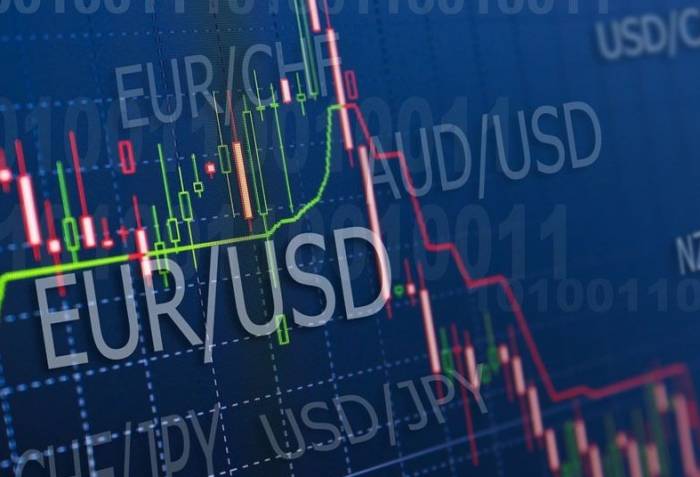

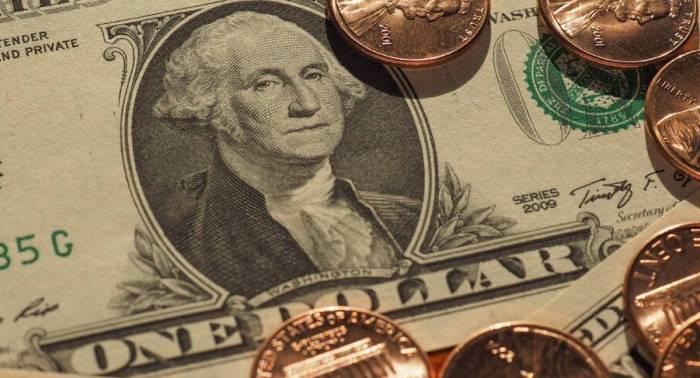







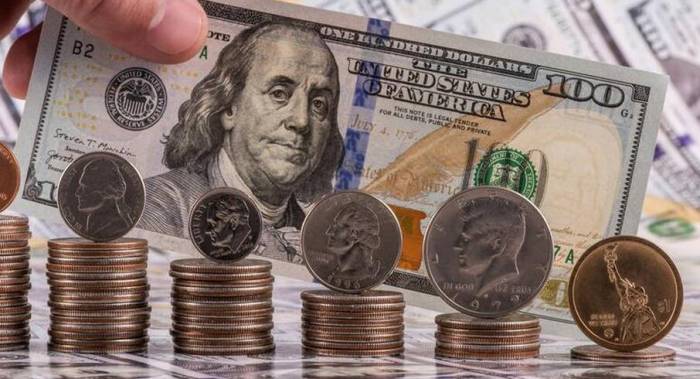



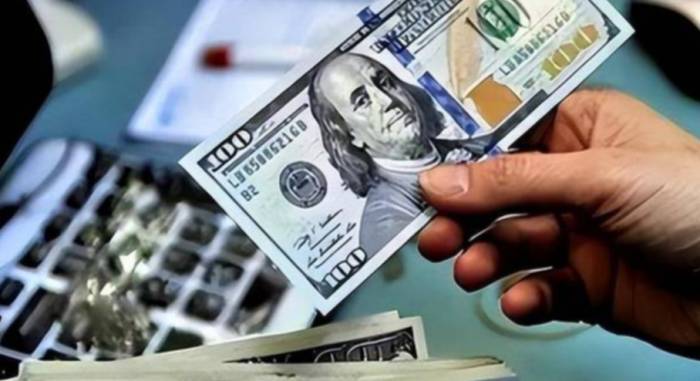

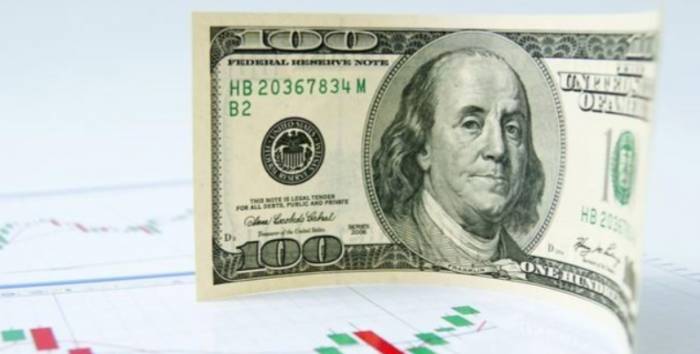
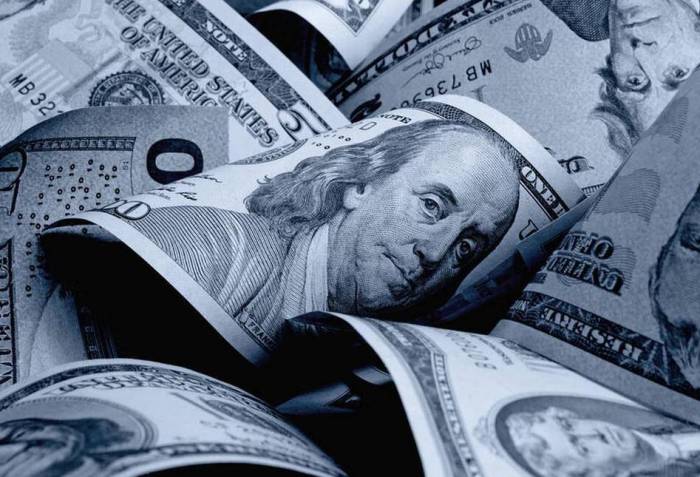







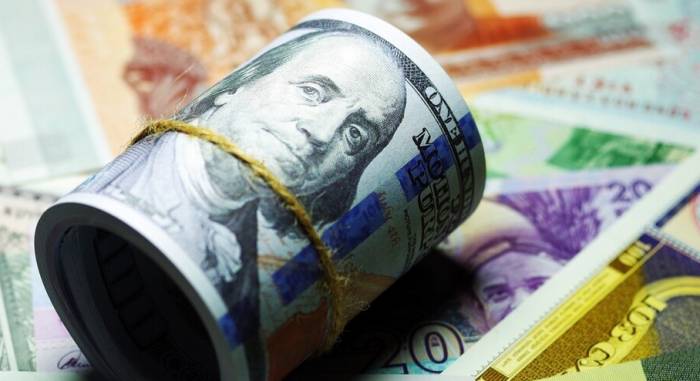

Comments
Join the discussion